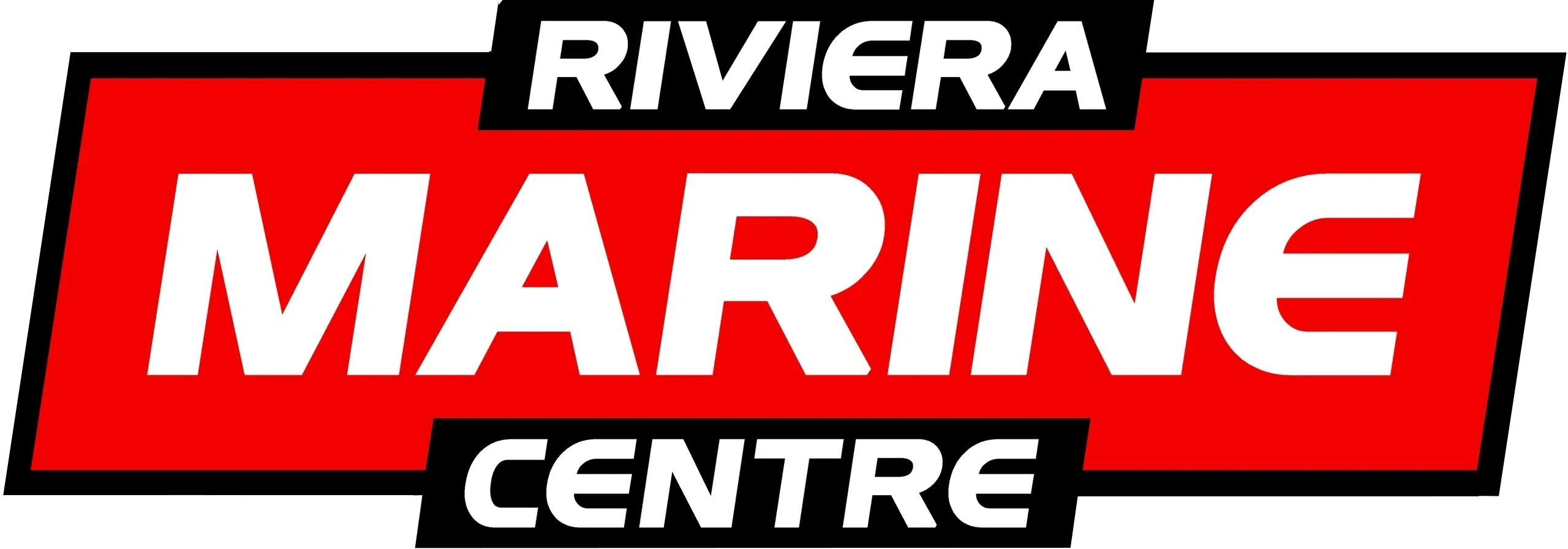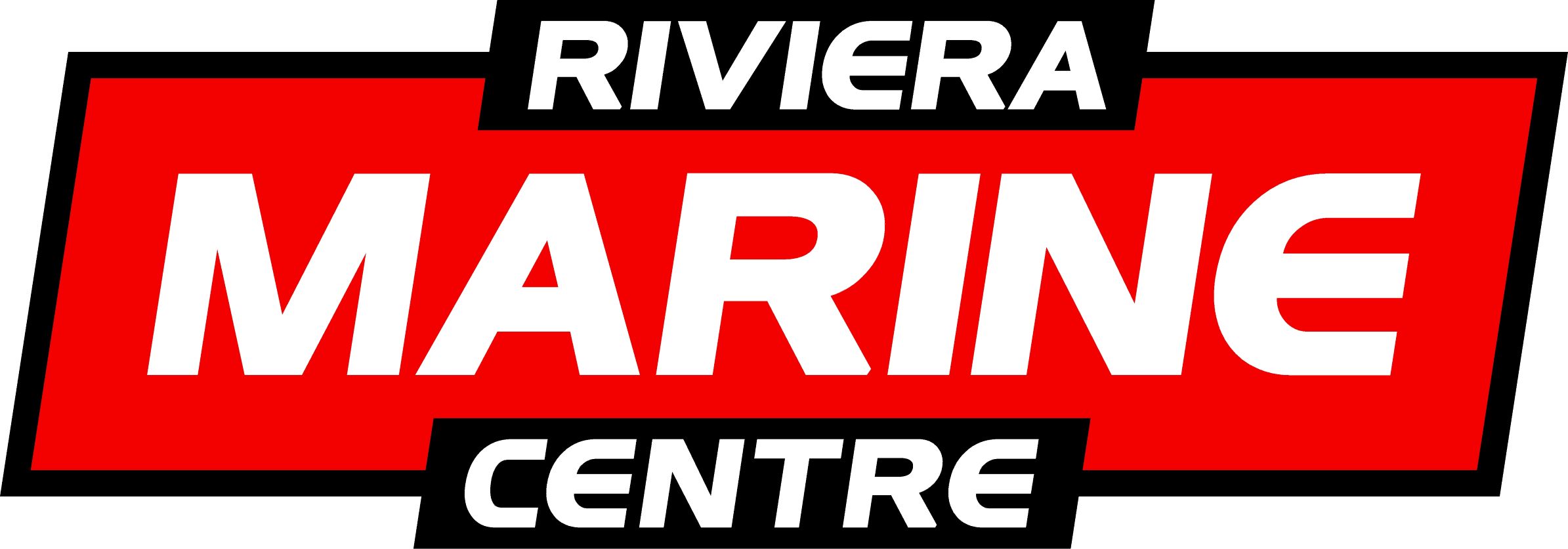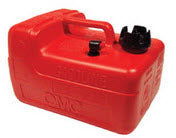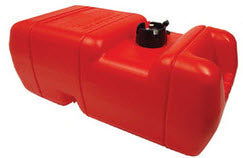Price :
QTY :
CART TOTALS :
There are items
in your cart
CART TOTALS :
Example title product
$40.00
$80.00
Example title product
$40.00
$80.00
Example title product
$40.00
$80.00
Example title product
$40.00
$80.00
Example title product
$40.00
$80.00
Example title product
$40.00
$80.00
Example title product
$40.00
$80.00
Example title product
$40.00
$80.00
Example title product
$40.00
$80.00
Example title product
$40.00
$80.00
Example title product
$40.00
$80.00
Example title product
$40.00
$80.00





